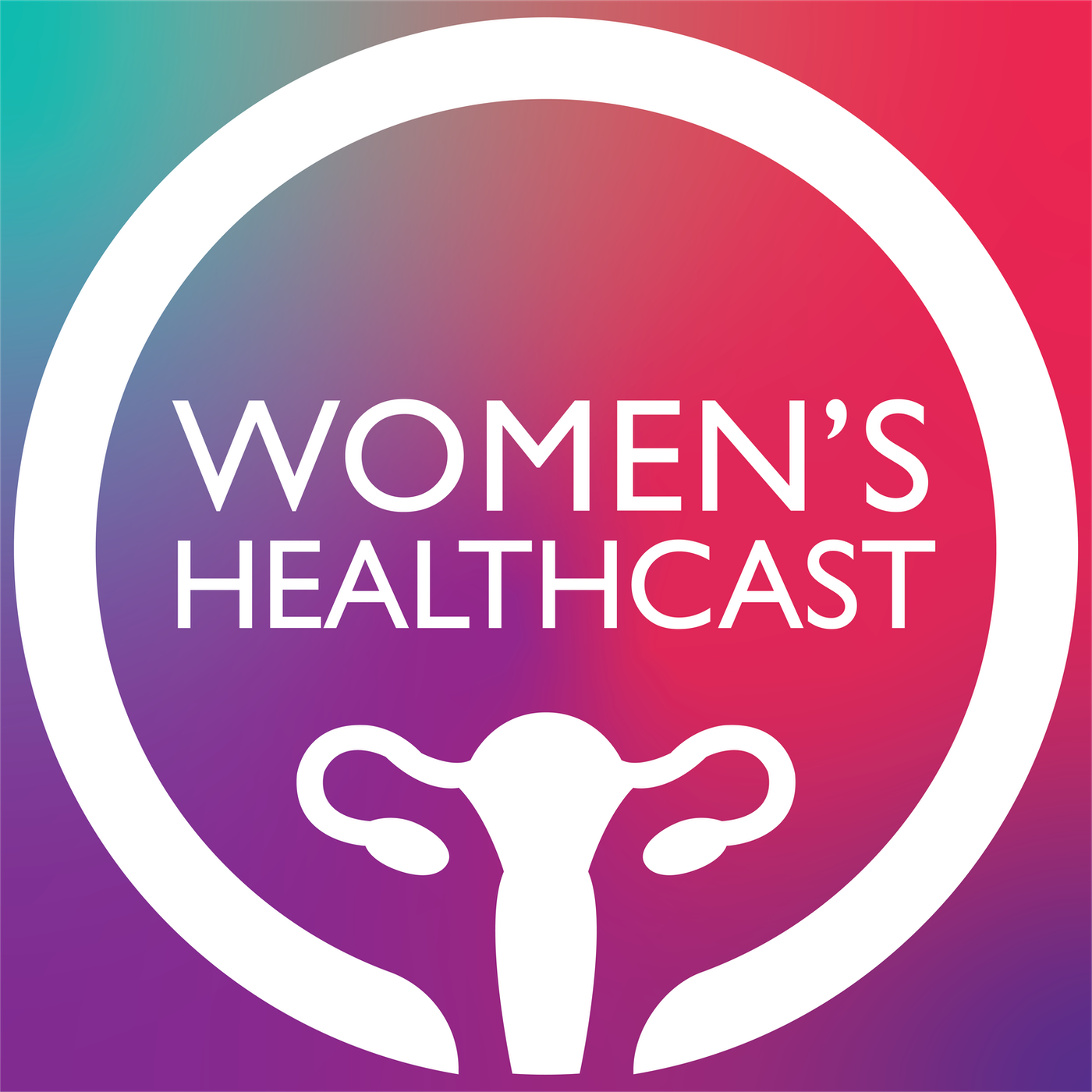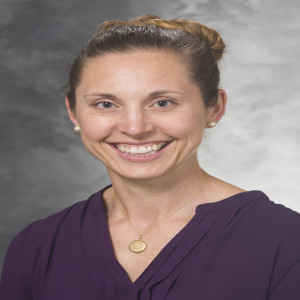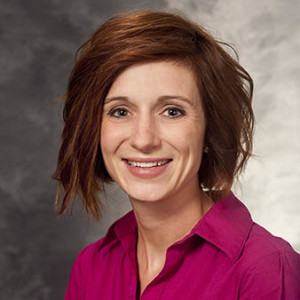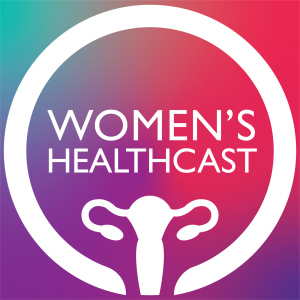
186.8K
Downloads
128
Episodes
The latest on ob-gyn health issues and innovations, from the University of Wisconsin-Madison Department of Obstetrics & Gynecology. obgyn.wisc.edu
The latest on ob-gyn health issues and innovations, from the University of Wisconsin-Madison Department of Obstetrics & Gynecology. obgyn.wisc.edu
Episodes

Wednesday May 26, 2021
Trans Health and Ob-Gyn
Wednesday May 26, 2021
Wednesday May 26, 2021
Dr. Ruth Yemane is one of the UW-Madison Department of Ob-Gyn’s leading experts in gender affirming surgery and gynecologic care for transgender people. On this episode, we discuss Dr. Yemane’s recommendations for safe, trust-filled patient-provider relationships, and what surgical, clinical and preventive health care can look like for trans and nonbinary people.
Have a suggestion for a future episode? Let us know what health issues you'd like to learn about here! https://forms.gle/XaoArBtnxfHxA4Up7

Thursday Apr 22, 2021
REPLAY: Infertility 101
Thursday Apr 22, 2021
Thursday Apr 22, 2021
In honor of Infertility Awareness Week, which is April 18-24 this year, we’re replaying one of our most popular episodes. In February 2020, we talked with Dr. Bala Bhagavath about common causes of infertility, and the range treatment options available for people interested in expanding their families. Dr. Bhagavath is a reproductive endocrinology and infertility specialist in the UW Department of Ob-Gyn, and director of UW Health’s Generations Fertility Care clinic in Madison.
He is also a member of the Building Families Alliance Wisconsin steering committee. You can learn more about this group focused on fertility-friendly policy in Wisconsin and defining statewide standards for fertility care at buildingfamilieswi.org.
Have a suggestion for a future episode? Let us know what health issues you'd like to learn about here! https://forms.gle/XaoArBtnxfHxA4Up7

Thursday Apr 01, 2021
The Doctor Will Tweet You Now
Thursday Apr 01, 2021
Thursday Apr 01, 2021
More and more, you can find doctors and other health care professionals talking about their expertise on social media, whether that’s answering questions on an Instagram Live, or adding a medical twist to the latest TikTok dance trend. Dr. Kenan Omurtag joined the Women's Healthcast to talk about why doctors and health professionals are increasingly moving to social platforms, and what the benefit is to health care consumers.
Dr. Omurtag is a reproductive endocrinology and infertility specialist in the Washington University at St Louis Department of Ob-Gyn. You can find him on Instagram @drkenanomurtagmd.
Have a suggestion for a future episode? Let us know what health issues you'd like to learn about here! https://forms.gle/XaoArBtnxfHxA4Up7

Wednesday Mar 17, 2021
Emergency Contraception
Wednesday Mar 17, 2021
Wednesday Mar 17, 2021
Discussions around emergency contraception often include some myths and misunderstandings. Dr. Molly Lepic joined the women’s Healthcast to help clear up some common questions about emergency contraception, including when to use it, how it works, what types are available, and where people can find emergency contraception when they need it. Dr. Lepic is an ob-gyn in the University of Wisconsin-Madison Department of Obstetrics and Gynecology.
Let us know what health issues you'd like to learn about! Email the Women's Healthcast team with your suggestions.

Wednesday Mar 03, 2021
Vulvar Health, Care and Cleaning
Wednesday Mar 03, 2021
Wednesday Mar 03, 2021
Walk through any drugstore and you’ll find a whole aisle dedicated to “feminine hygiene” – wipes, cleansers, washes and more. But, do we actually need those products? Dr. Laura Jacques joined this episode of the Women's Healthcast to talk about optimal vulvar health, care, and cleaning. She discussed how to care for vulvas and vaginas, what products are safe to use, how vulvar health can change with age, and more. Dr. Jacques is a general ob-gyn physician in the UW-Madison Department of Obstetrics and Gynecology.
Let us know what health issues you'd like to learn about! Email the Women's Healthcast team with your suggestions.

Tuesday Dec 22, 2020
Pregnancy, Vaccines, and COVID-19
Tuesday Dec 22, 2020
Tuesday Dec 22, 2020
2020 was a year shaped by the COVID-19 pandemic. In the women’s health realm, we have been especially concerned about what COVID means for pregnancy. On this episode of the Women’s Healthcast, Dr. Igor Iruretagoyena joined us to talk about COVID and pregnancy – whether pregnant people are at higher risk of severe illness with COVID, if pregnant people are eligible for vaccination, and other things to think about if you’re considering pregnancy during a pandemic. Dr. Iruretagoyena is the director of Maternal-Fetal Medicine at UW Health.
Society for Maternal-Fetal Medicine COVID-19 information for women and families
American College of Ob-Gyns information for patients
If you have requests or suggestions for health care topics to cover in 2021, let us know!

Wednesday Nov 11, 2020
Promoting Pelvic Floor Health: PT, Pessaries and More
Wednesday Nov 11, 2020
Wednesday Nov 11, 2020
How much do you know about your pelvic floor? Angie Sergeant, nurse practitioner in the UW Health Women's Pelvic Wellness Clinic, joined the Women's Healthcast to talk about common pelvic floor questions, including risk factors for pelvic floor disorders, pelvic floor physical therapy and other interventions, and what visits to her clinic look like.
Let us know what health issues you'd like to learn about! Email the Women's Healthcast team with your suggestions.

Wednesday Oct 28, 2020
Strengthening Your Health Literacy
Wednesday Oct 28, 2020
Wednesday Oct 28, 2020
Health literacy – how well we can find, understand, and apply information to help us make health decisions – affects many areas of our lives. Reading nutrition labels in the grocery store, following instructions on prescription bottles, being able to tell whether an article shared by a high school acquaintance on social media is accurate – these are just a few of the ways health literacy pops up day-to-day.
On this episode, Dr. Heidi Brown of the UW-Madison Department of Ob-Gyn and Jordan Spencer, medical student at the University of Arkansas for Medical Sciences talk about where to find accurate health information, resources for building health literacy skills, and how low health literacy exacerbates preexisting health disparities.
Dr. Brown and Jordan recommend MedlinePlus and the MedlinePlus Guide to Healthy Web Surfing as tools to strengthen health literacy.
Let us know what health issues you'd like to learn about! Email the Women's Healthcast team with your suggestions.

Wednesday Oct 14, 2020
Understanding the Economics of Health
Wednesday Oct 14, 2020
Wednesday Oct 14, 2020
Economic policy has a significant effect on our individual health. And policies are not always equitable. Dr. Tiffany Green joined the Women's Healthcast to discuss ways systems and structures affect health: how health and economic security are cyclically linked, how COVID-19 has highlighted many structural inequities in our country, and important work she is doing in Dane County to improve Black maternal and infant health.
Dr. Green is a health economist at the University of Wisconsin-Madison.
Dr. Green's recommended resources for understanding health policies:

Wednesday Sep 09, 2020
Endometrial Cancer
Wednesday Sep 09, 2020
Wednesday Sep 09, 2020
September is Gynecologic Cancer Awareness Month. On this episode of the Women’s Healthcast, Dr. Ryan Spencer talks about endometrial cancer, the most common gynecologic cancer in the United States.
He shares risk factors for endometrial cancer, what diagnosis and treatment look like, and ways to reduce your risk of developing this type of cancer. Dr. Spencer also discusses his research into the national disparity in funding for gynecologic cancers compared to other types of cancer.
Dr. Spencer is a gynecologic oncologist in the UW-Madison Department of Obstetrics and Gynecology and the UW Carbone Cancer Center.
